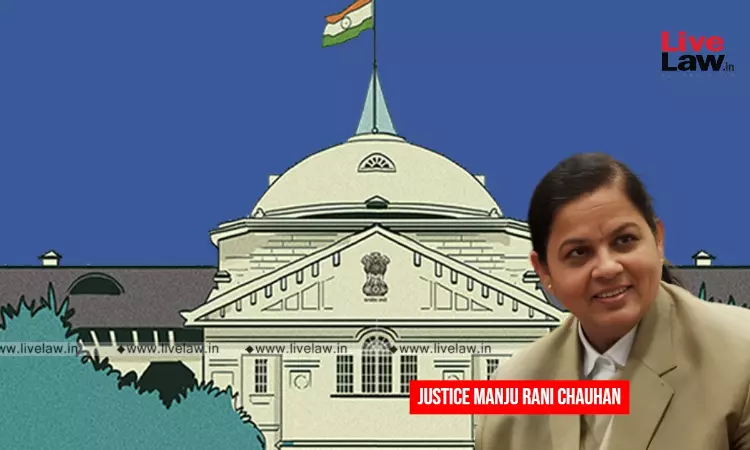S. 156 (3) CrPC | Magistrate Can't Refuse Direction To Lodge FIR Merely Because Facts Are In Applicant's Knowledge: Allahabad HC
Sparsh Upadhyay
10 Oct 2024 2:04 PM IST

Next Story
10 Oct 2024 2:04 PM IST
The Allahabad High Court has observed that merely because the facts of an alleged crime are in the knowledge of the applicant, who moves an application under Section 156 (3) CrPC, a magistrate can't refuse a direction to the Police to lodge an FIR. A bench of Justice Manju Rani Chauhan added that the gravity/seriousness of the offence, the requirement of the evidence to launch...
